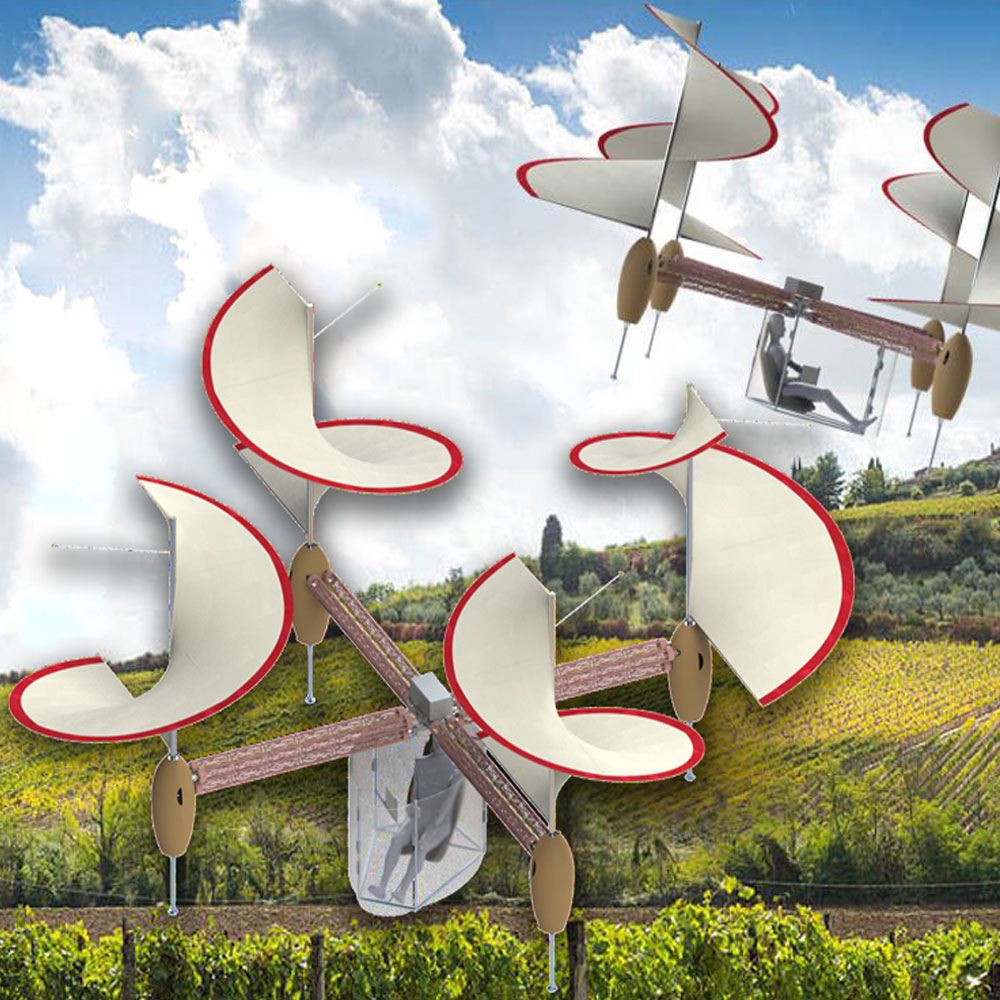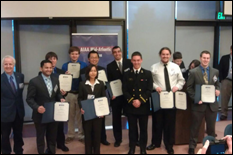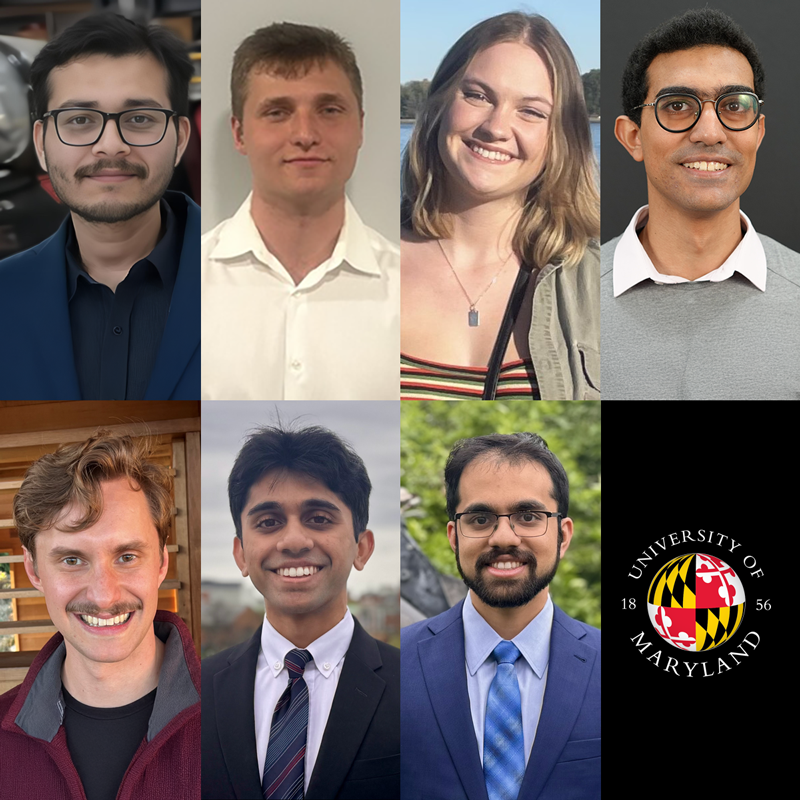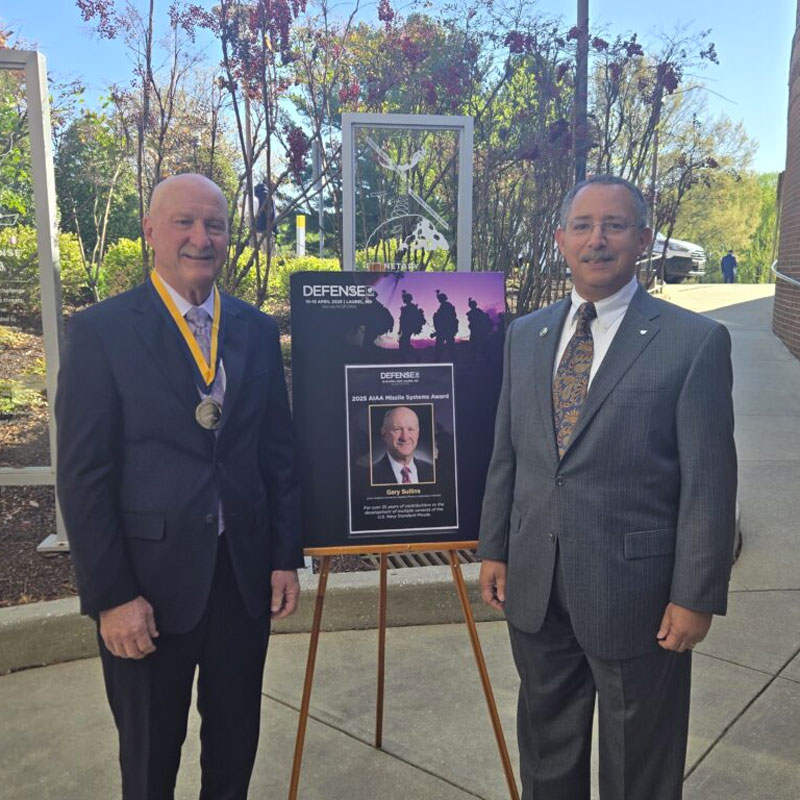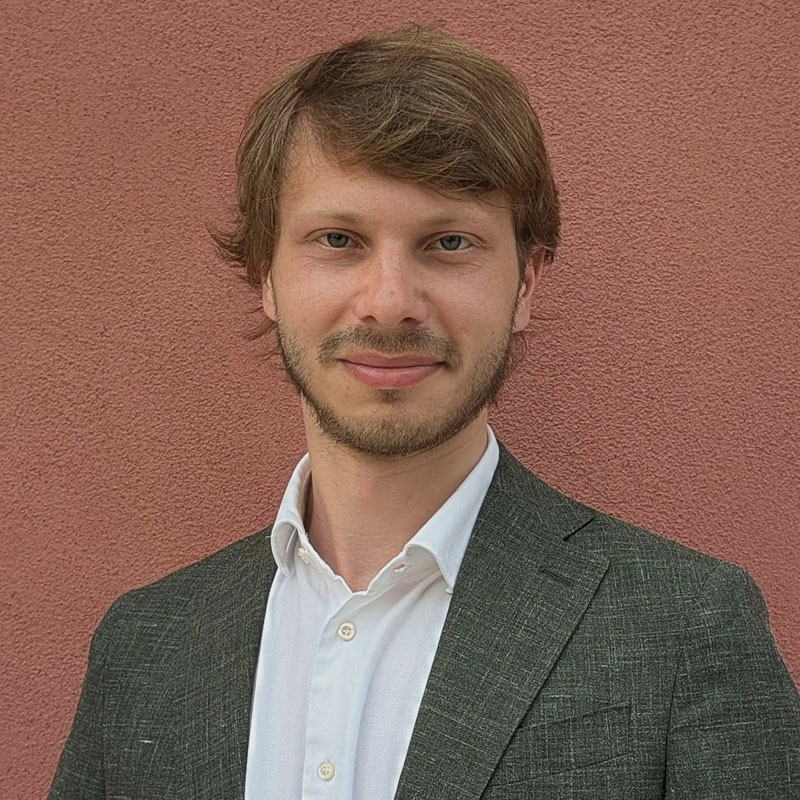News Story
Chopra to Receive Prestigious AIAA Walter J. and Angeline H. Crichlow Trust Prize
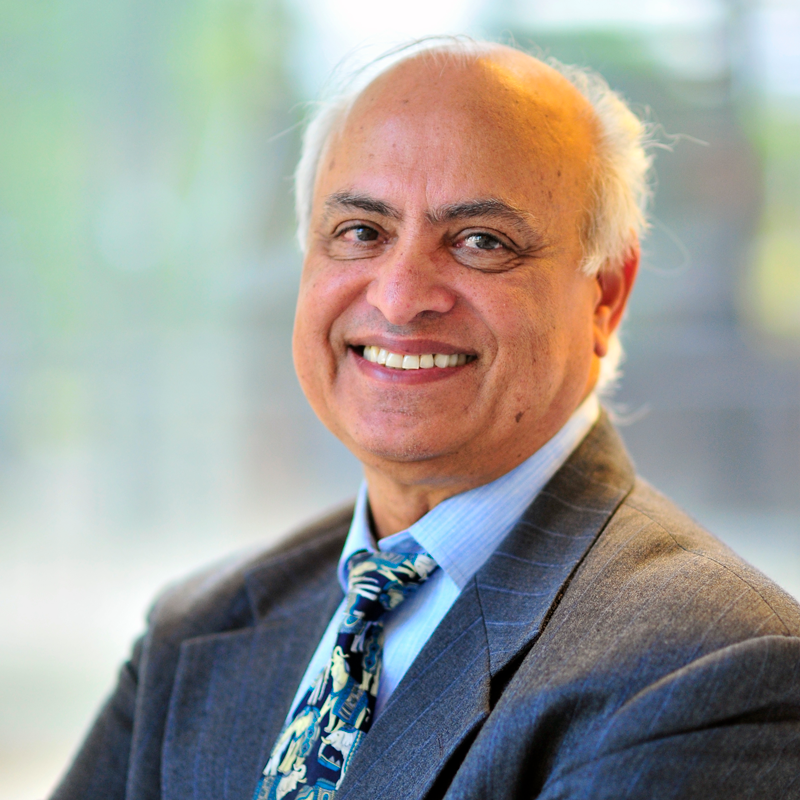
The American Institute of Aeronautics and Astronautics (AIAA) announced that Inderjit Chopra, Alfred Gessow Professor in Aerospace Engineering, Distinguished University Professor, and Director of Alfred Gessow Rotorcraft Center at the University of Maryland in College Park, Maryland, has been selected to receive the 2023 Walter J. and Angeline H. Crichlow Trust Prize. The award includes a $100,000 cash prize.
“Professor Chopra has been a leading scholar and researcher in the field of rotorcraft for over 50 years,” said Darryll J. Pines, President, University of Maryland, and AIAA Fellow. “He has made significant contributions toward future designs and systems. His graduates are everywhere throughout industry, government, and academia. He has a lifelong legacy of impact to the field that will last for generations to come!”
The prize, awarded by AIAA every four years for excellence in aerospace materials, structural design, structural analysis, or structural dynamics, will be presented to Chopra during the plenary session on Monday, 23 January, at the 2023 AIAA SciTech Forum, National Harbor, Maryland, 23–27 January.
“The Crichlow Selection Committee believes that Chopra’s work is especially critical today. His contributions include fundamental research in rotorcraft with the development of a smart rotor system with active flaps to actively control vibration, enhance rotor performance, and carry out primary control. Industry is studying these systems for incorporation into today’s rotorcraft. Professor Chopra is also dedicated to his students and volunteerism with his work in many professional societies,” said Jeanette L. Domber, Program Manager, Civil Space, and Astrophysics Opportunity Lead, Ball Aerospace, and AIAA Director, Aerospace Design and Structures Group.
Chopra is the Alfred Gessow Professor in Aerospace Engineering, Distinguished University Professor, and Director of Alfred Gessow Rotorcraft Center at the University of Maryland. He received his Doctor of Science in Aeronautics and Astronautics from MIT in 1977. At MIT, he worked on aeromechanics of wind turbines.
“Professor Chopra has been a leading scholar and researcher in the field of rotorcraft for over 50 years,” said Darryll J. Pines, President, University of Maryland, and AIAA Fellow. “He has made significant contributions toward future designs and systems. His graduates are everywhere throughout industry, government, and academia. He has a lifelong legacy of impact to the field that will last for generations to come!”
In 1977, he joined the NASA Ames/Stanford University Joint Institute of Aeronautics & Acoustics, where he worked for four years on the development of analysis and testing of advanced helicopter rotor systems. In 1981, he joined the University of Maryland and became the founding member of the Army’s Rotorcraft Center of Excellence and has been working on various fundamental problems related to aeromechanics of helicopters including advanced designs, aeroelastic stability, active vibration control, composite blades, smart structures, micro air vehicles and delivery drones, and comprehensive analysis. His direct graduate advising resulted in 61 Ph.D. and 125 M.S. degrees, and his students are now playing dominant roles in rotorcraft industry, academia, and federal labs.
The author of a book on smart structures and one on human-powered helicopters, 250 archival journal papers, and 440 conference proceedings papers, Chopra has been an associate editor of the Journal of the American Helicopter Society (1987–1991), AIAA Journal of Aircraft (1987–present), Journal of Intelligent Materials and Systems (1997–2014), and International Journal of Micro Air Vehicle (2013–2018). Under his guidance, his students won first place in 22 out of 25 attempts in the AHS International Student Design Competitions.
Among his VTOL innovative designs are a world-record holder human-powered helicopter, cyclocopter, da Vinci aerial-screw, MARS helicopter, solar-powered helicopter, and quad-biplane. He was awarded the 2002 AIAA Structures, Structural Dynamics, and Materials Award, 2002 AHS Grover E. Bell Award, 2001 ASME Adaptive Structures and Material Systems Prize, 2004 SPIE Smart Structures & Materials Lifetime Achievement Award, 2008 Indian Institute of Science Centenary Distinguished Alumni Award, 2009 AHS Alexander Klemin Award, 2012 AHS Igor Sikorsky International Trophy, 2016 ASME Spirit of St. Louis Aviation Medal, and 2018 AHS Nikolsky Honorary Lectureship.
He has been a member of the Army Science Board (1997–2002, 2019–present), NASA (NRC) Aeronautics and Space Engineering Board (2007–2012) and NASA (NRC) Research and Technology Roundtable Board (2011–2015).
Chopra is a Fellow of AIAA, a Fellow of VFS (the Vertical Flight Society, formerly the AHS/American Helicopter Society), a Fellow of ASME, and an Honorary Fellow of AHS.
Story by Rebecca Gray,reprinted from the American Institute of Aeronautics and Astronautics (AIAA).
Published December 16, 2022
